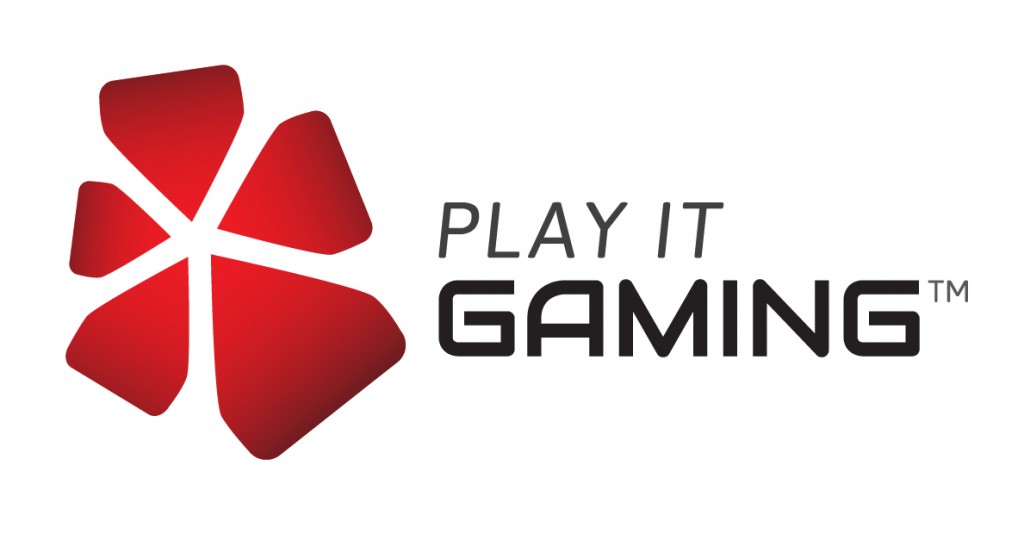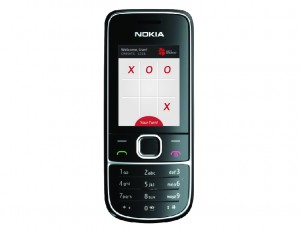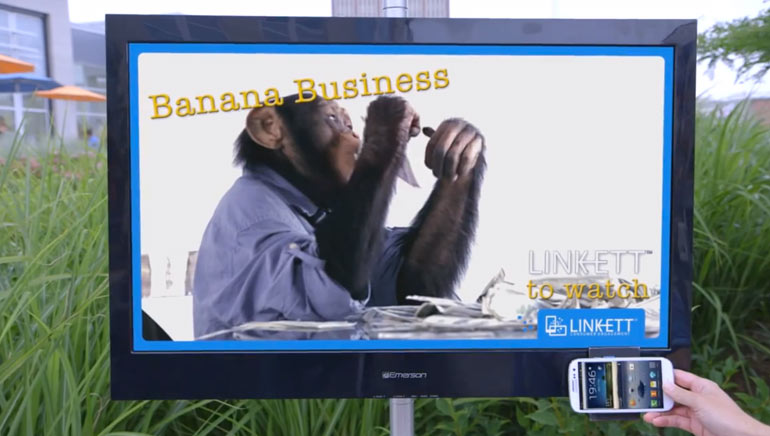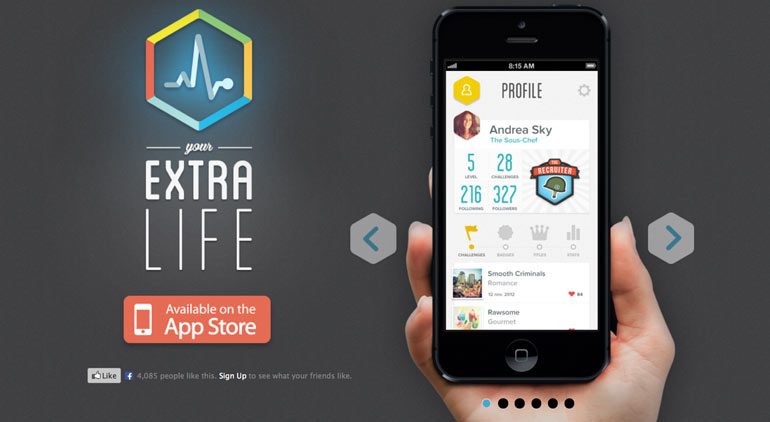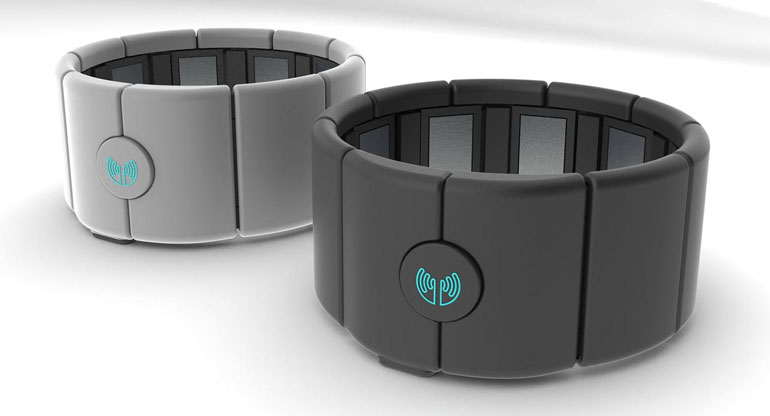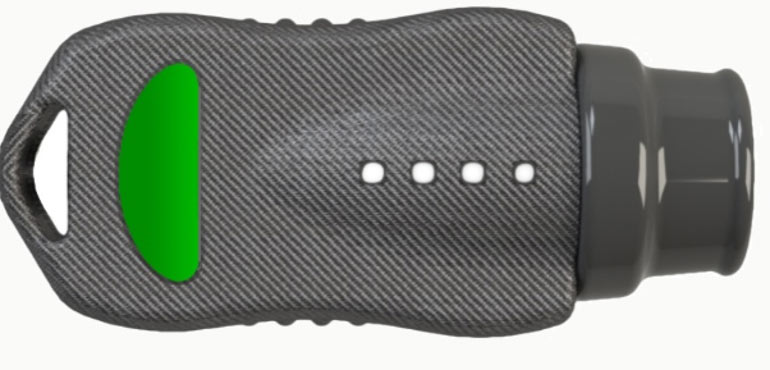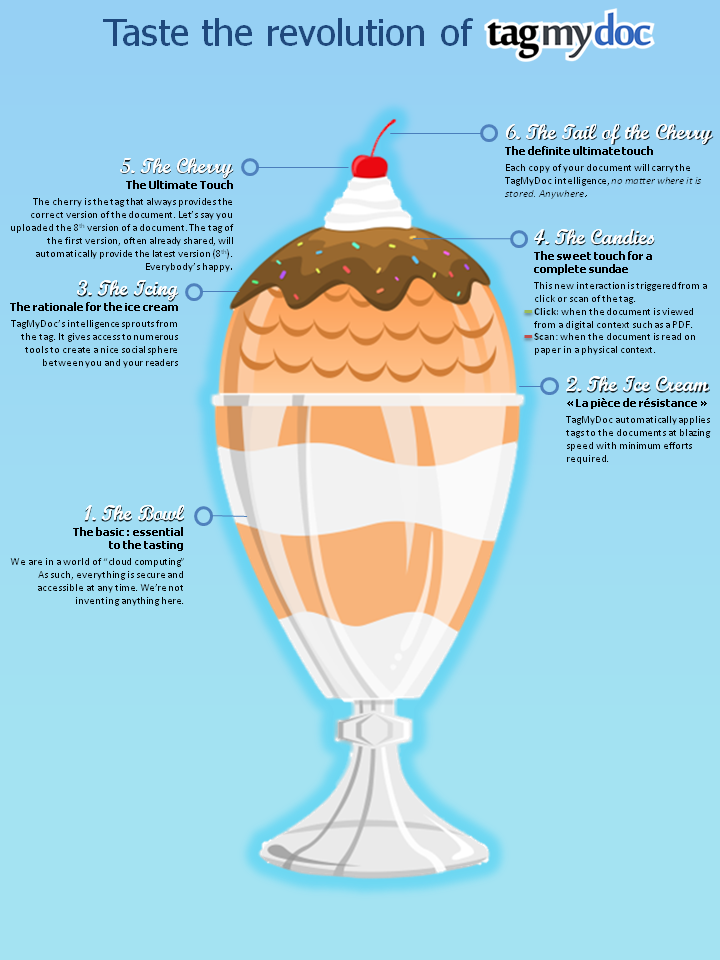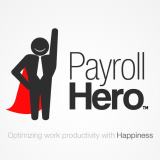Admit it. You’ve turned the lock screen off on your phone and all of your apps are still open.
If your phone were stolen right now, all of your personal data would be available to the thief, including your bank account and credit card number. You know this isn’t a good idea, but it just takes so damn long to do all the signing in!
Canadian startup Zighra is solving your problem with biometrics. They are training your phone to respond only to you by measuring your body movements, voice, even the way you hold the phone.
Read more about Zighra in our Q&A below.
What is your startup called?
Zighra.
Zighra is a Sanskrit word that stands for speed/acceleration/velocity/
What’s the story behind your idea?
The founders are a bunch of security scientists and they were frustrated with entering their PINs and passwords every time they used their phones and logged into their apps – from Facebook and Twitter to mobile payments and banking. Like more than 60% of smartphone users, their inclination was to disable screen locks and leave their apps perpetually logged in! But this would be a huge security and privacy nightmare – considering that every 3.5 seconds a phone is either lost or stolen. A lot of smartphone users are now shopping on their phones (storing credit card details), banking on their phones and connecting to corporate networks using these same phones.
The founders figured out that when it came to smartphones/tablets – users preferred convenience over security.
So our founder Deepak Dutt had this crazy idea to train phones and apps to uniquely recognize him based on his habits and interaction patterns – including the way he holds his phone, the angle in which he held it, hand/finger size, touch screen pressure among many other device sensorial data points (essentially creating his unique Kinetic signature). Deepak wanted the entire process to be frictionless, and effortless that the technology was designed to be built in implicitly into existing mobile apps. Along with the rest of the team this experiment has been successfully implemented.
Who are the founders, and what are their backgrounds?
Deepak Dutt – CEO/CTO
• Over 14 years of technical and entrepreneurial expertise in bridging the technology and business worlds.
• Prior startup experiences include NeST Technologies, Intsyx, and InLearning labs
• Held various roles in new venture development, R&D, marketing, field support, consulting, and management at Nortel, Siemens, and Newbridge Networks
• Awarded the Ottawa business journal 40 under 40 award for business excellence in 2012
• Named one of Ottawa’s top rising stars in 2012
• Holds a Masters degree in computer science from the University of Ottawa
Deepti Menon – COO
• Over 9 years of experience in Telecom research and development
• Prior startup experiences include InLearning labs an online tutoring firm
• Held various roles in the CTO organization at Nortel
• Extensive research in the areas of mobile wireless networks and network security
• Holds a Masters degree in Computer Science from the Univ of Ottawa
Where are you based?
Zighra is headquartered in Ottawa, Canada.
Zighra was selected as one of the top 3 globalizers in Canada, a TiE50 finalist in Silicon Valley and more recently selected as the top Canadian Startup in Canada-Brasil 3.0 conference.
What’s the startup scene like where you are based?
The startup scene in Ottawa is pretty dynamic. Shopify is probably one of the more well-known startup in town having recently closed $100 M round with a valuation of $1 Billion.
What problem do you solve?
Users do not like to enter PINS/PASSWORDS on their phone. Smartphones now days are used for various activities requiring the need for storing sensitive data on smartphones. But, nearly 60% of mobile phone users disable screen locks and leave their mobile applications perpetually logged in. They don’t realize the risk they may entail given the data stored on their mobile device considering that a phone is lost or stolen every 3.5 seconds. Users need a solution which is convenient to use without compromising security.
Why now?
With the introduction of the iPhone 5S in September 2013, Apple, the iconic human factors company that reconceived the mobile phone experience, and made tablet computing cool, gave the identity marketplace and the biometrics industry in particular, a big hug.
Device makers are now poised to make a run on the commercial side of the biometrics market where convenience, authentication to a personal device, and a “frictionless” user experience trump security. The market makers of Silicon Valley are descending on the biometrics business with a relentless focus on massive consumer adoption and convenience driven human factors investments.
This market attack will be fast, bold, and take the biometrics industry by storm. Goode Intelligence predicts the consumer biometric market to reach $8B by 2018.
What are some of the milestones your startup has already reached?
• Raised $1M in non-dilutive funds
• Securing over $80M in financial transactions
• Relationship with IBM to target the enterprise space
What are your next milestones?
Integrate KineticID with social media and payments apps and reach 40M users by end of 2014.
Where can people find out more? Any social media links you want to share?
More info on KineticID:
• http://zighra.com/Zighra_
• http://zighra.com/zighra_info_
• http://www.finovate.com/
Twitter handles –@zfraudshield, @nanvivek, @dcdutt





